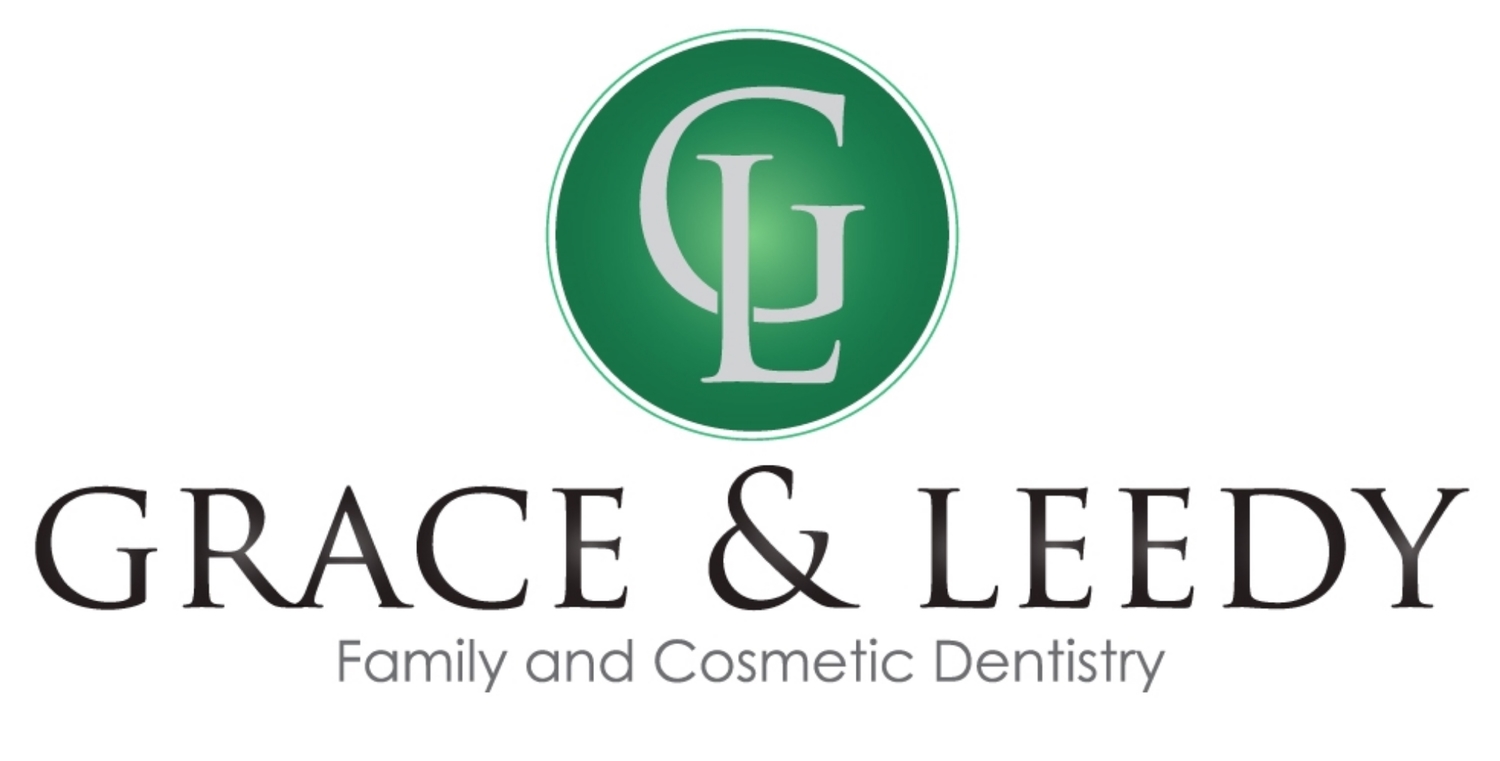When you discuss plaque, or colonies of bacteria that grow next to the teeth, folks naturally get a little queasy. After all, no one wants to think about millions of bacteria just hanging out on your teeth. Yet, bacteria growth is natural in your mouth. Plus, while a certain strain is primarily responsible for cavity growth, hundreds of other strains grow in your mouth but don’t impact the condition of your teeth. So let’s take a closer look at why plaque is harmful and what proven techniques you can use to combat its growth.
For Every Reaction, There Is A Byproduct
Let's get right down to it. Bacteria in your mouth is simply not fun to talk about! But this is indeed the reality of your mouth's biome, and 200-300 strains of bacteria types can grow there. As the bacteria grow, many feed on leftover food particles in your mouth. All reactions must have a byproduct, and in this case, the outcome from one particular strain, Streptococcus Mutans, is not good news for your dental health. Streptococcus Mutans produces a harmful byproduct as they grow and feed - acid. They gather in colonies we call plaque, and they sit up right against the teeth in these colonies while producing that acid. The more time your teeth are exposed to this harmful acid byproduct, the more they are susceptible to cavities and even gum disease.
So What Does The Bacteria Feed On?
Streptococcus Mutans has specific tastes in the different food particles in your mouth. They don’t really like vegetables, but carbs and sugars are their favorite, and part of the energy they need to produce those acid byproducts. Unfortunately, today’s modern diets are heavy in carbs and sugars, and we’re essentially eating the very foods that the harmful bacteria loves to grow and feed around. Now that we have a better picture of how bacteria growth contributes to cavities, don't freak out! This is a common process that is happening to everyone. But did we always have this issue?
Early Humans Had Less Cavities
The surprising part about cavity growth is it is more of a modern development. While many would expect humans to have bad teeth and many cavities before dental care was an option, most preserved remains actually suggest the opposite. Scientists often see relatively healthy teeth from ancient human remains. But how did they maintain such pearly whites? Well their diets were vastly different than ours today. The consumption of carbs and sugars are a relatively new development in the history of humanity. Before then, we relied on a hunter-gatherer diet that primarily consisted of meat, nuts, berries and plant greens. Those harmful carbs, sugars and worse, food additives, were not present in the stone age diet. So Streptococcus Mutans didn’t have near the fuel to create cavities in early humans.
What You Can Do About Plaque
So now that we’ve finished the history lesson, what can you do to protect your teeth from plaque growth. Well the answer isn’t rocket science. Twice daily brushing with fluoride and flossing is still the best tool we have to combat plaque. Aside from that constant, the real takeaway here is that you are in control of your mouth biome. If you work hard to avoid carb and sugar rich foods that contribute to bacteria growth and then cavities, you'll see better results at your next check up. The hard part is its not easy to avoid those foods in our modern diet. So you will have to make some changes if you’re seeing a lot of cavities during each check up. Grace & Leedy is here to help with your dietary planning, and we offer another critical service you need to fight plaque. A dental cleaning is the only way you can remove hard to reach plaque that your brush misses. So contact Grace & Leedy Family Dentistry today to ensure you’re keeping that pesky plaque at bay!



